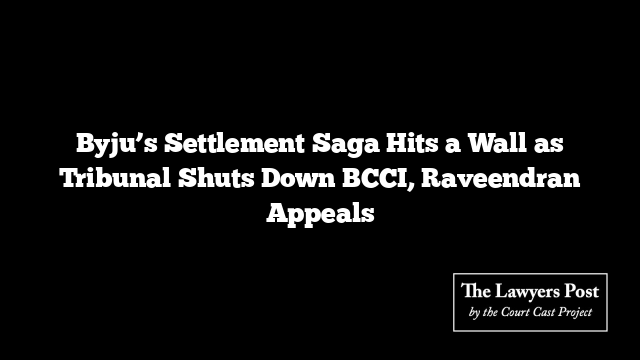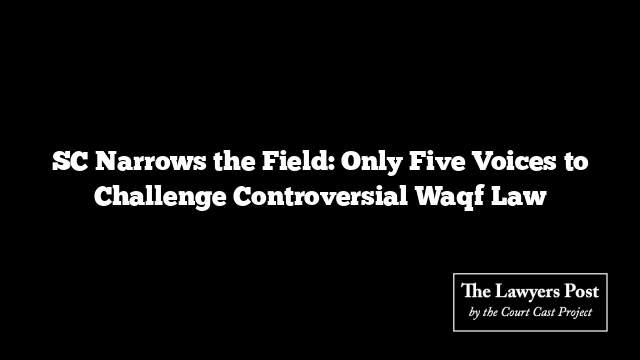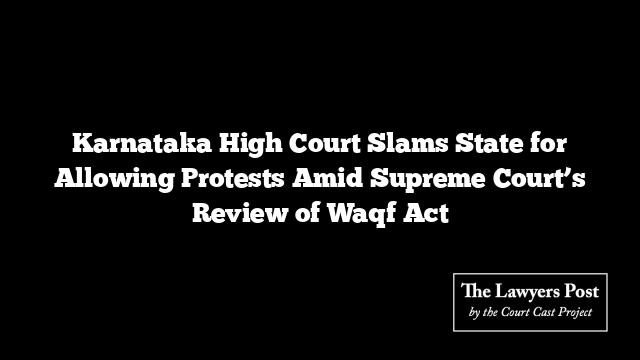In a twist that’s emblematic of the legal tightrope Byju’s has been walking, the National Company Law Appellate Tribunal (NCLAT) in Chennai has slammed the door on appeals filed by both the Board of Control for Cricket in India (BCCI) and Riju Raveendran. The duo had challenged a National Company Law Tribunal (NCLT) order that instructed BCCI to drop its insolvency bid against the troubled edtech giant and pitch its settlement to the company’s creditors.
But the appellate bench wasn’t having it.
The tribunal, consisting of Justice Rakesh Kumar Jain and Technical Member Jatindranath Swain, made it crystal clear: once the Committee of Creditors (CoC) is formed, any move to withdraw insolvency proceedings needs the CoC’s nod, as dictated by Section 12A of the Insolvency and Bankruptcy Code (IBC). The withdrawal application—Form FA—was filed on November 14, 2024. By then, the CoC had already been in place for nearly three months.
Had the form been filed before the CoC’s constitution, things might’ve been different. But as the tribunal put it, “Section 12A shall apply with full force” once the CoC enters the picture. And that’s exactly what happened here.
To rewind: the insolvency tangle began with BCCI initiating proceedings against Byju’s for ₹158.90 crore. The NCLT gave the green light in July 2024. Byju’s and BCCI then reached a settlement, which the NCLAT initially approved—until the Supreme Court threw a spanner in the works. The apex court sided with US-based Glas Trust, a financial creditor, and sent BCCI back to the NCLT with its settlement in hand.
So BCCI tried again. They submitted Form FA to the Interim Resolution Professional (IRP) on August 16, 2024—but with a caveat. They asked for it to be filed only after the Supreme Court matter was resolved. By the time the form officially reached the tribunal, the CoC had already been created (August 21), making the withdrawal subject to the CoC’s vote.
NCLAT shot down claims that the IRP had dragged its feet. According to the tribunal, the IRP did exactly what BCCI had instructed—wait. And if there was an issue with that, the appellant could’ve filed a challenge before the tribunal back then. They didn’t.
Raveendran, for his part, argued that his application for impleadment wasn’t even considered. But the tribunal waved that away too, noting he’d been part of the withdrawal hearing the whole time.
In the end, the tribunal stood firm: dates matter. The settlement may have been real, the intentions may have been mutual, but procedural rigor doesn’t make room for missteps. Especially not in the high-stakes chessboard of insolvency law.
The ruling leaves BCCI and Raveendran at a legal dead-end—at least for now—while Byju’s continues to navigate the shifting sands of financial survival.





